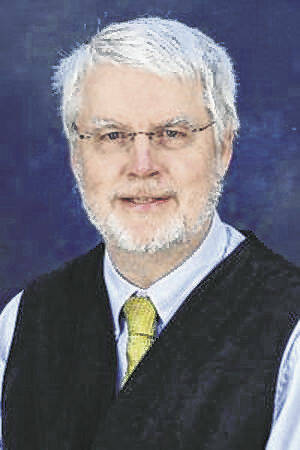In a recent NPR report, I heard the sad news that Gary Paulsen had died.
Paulsen is known to many of us as the brilliant writer of young adult fiction. Much of his writing deals with young people surviving in nature when the odds are stacked against them.
Paulsen knew a lot about survival, and he was forced to learn it early. When his father was serving in WWII, Paulsen lived with his alcoholic mother. Apparently knowing she couldn’t cope, she put him, as a five-year-old, on a train with a suitcase and five dollars to live with an aunt and uncle in Northern Minnesota.
He remembered the next two years, protected by caring relatives and close to nature, as a time of light in an otherwise dark childhood. But when his father returned from the war, Paulsen was sent back to live with his parents. His earlier problems were compounded because both of his parents were alcoholics.
In looking back on those years, Paulsen cited two saving graces. One was getting out in nature, which he described as his sanctuary, a place of freedom compared to the isolation and claustrophobia of an alcoholic home.
The second saving grace was discovering the local library. A librarian noticed him, gave him a library card, a small notebook and a pencil, and encouraged him to write. When he asked who would want to read what he would write, the librarian replied, “I will.” Paulsen credits that relationship for his becoming an award-winner author.
The name of that librarian is unknown, except probably to Paulsen, and it’s always tricky to play the game “what if;” in this case, how would his life have been different if that librarian hadn’t given him the gifts of the library card, the notebook, the pencil and those simple words of encouragement? But we can probably all agree that the odds of an only child of two alcoholic parents achieving a fulfilled life are slim.
When I heard the story of the librarian’s role in Paulsen’s life, I thought of the word “angel.” Angels are often portrayed in art and on greeting cards as cherubs — babies with little wings on their backs. This is despite the fact that angels aren’t described that way in the religions of the world. In addition, the same word for angel in the Bible can also mean “messenger,” usually a messenger of God.
I like the “messenger of God” meaning for the word “angel,” for it invites us to recognize that there are angels among us. No, not those with wings sprouting from their backs, but those who give wings to others, wings that help those in darkness rise into the light, and those overwhelmed by despair rise into hope.
With that understanding of the word “angel,” it’s easy to see that the librarian who noticed young Gary Paulsen was a true angel. And she is not the only one. I suspect many readers of this column, including me, can recall people who noticed something in us that we could not see or said something that began to heal a wound we thought was beyond healing.
We live in a time in our nation’s history that is dominated by angry voices, both in person and on social media. Though not everyone is in an abusive relationship or in an abusive family, the sad truth is that we are all living within an abusive culture.
But there is hope. Now is the perfect time to keep our eyes and ears open for the angels in our midst. No, don’t bother looking for chubby cherubs. Look instead for people like Paulsen’s angel, for they are the ones who are holding our world together.
David Carlson of Franklin is a professor emeritus of philosophy and religion. Send comments to [email protected].





